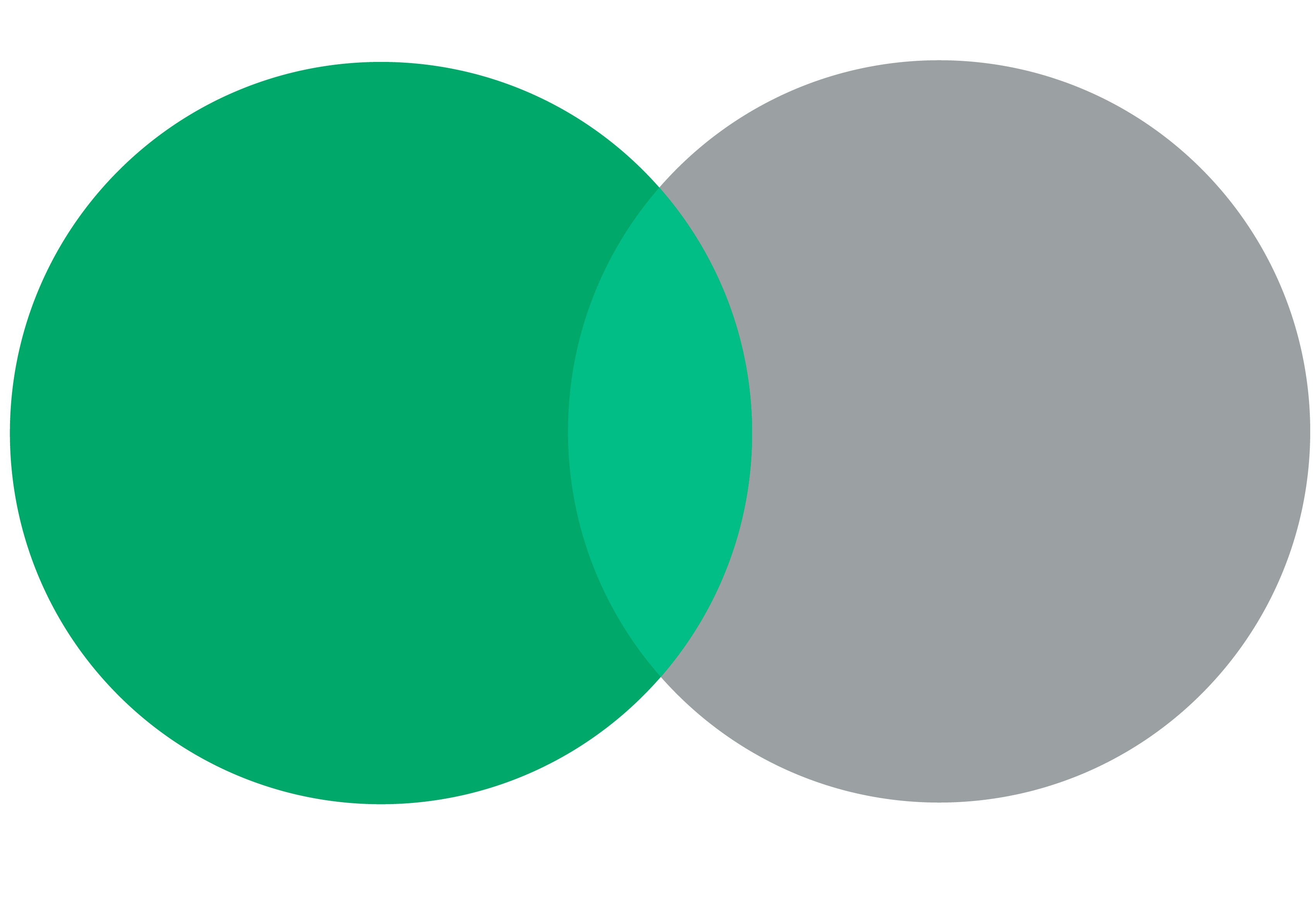Biosimilars
Biosimilars create intra-drug price competition, without compromising patient safety and drug efficacy. These market dynamics result in lower priced drug offerings, forecasted to save healthcare systems well over $50 billion in the U.S. alone, over the next decade.[3]
Biosimilars
Biosimilars create intra-drug price competition, without compromising patient safety and drug efficacy. These market dynamics result in lower priced drug offerings, forecasted to save healthcare systems well over $50 billion in the U.S. alone, over the next decade.[3]
However, the benefits of biosimilars extend far beyond the U.S. and other developed markets. Emerging markets, where patients typically have far lower access to biologic medicines[4], will also benefit. It is in these countries, characterised by poor physical and financial access to biologics, that uptake is expected to increase most dramatically upon biosimilar introduction.[2]
While biosimilars have been accepted in Europe for more than a decade, the next several years present an immense global opportunity for biosimilar market penetration and originator market disruption, with many blockbuster biologics set to face biosimilar competition. From 2017, approximately $70 – $80 billion (USD) worth of biologic sales will lose exclusivity, facing biosimilar competition within five years.[5] Biosimilars are therefore poised to build upon these expiring monopolies, curb the recent rises in biologic expenditure, and broaden patient access globally.
See our NeuClone Biosimilar Brief for the latest updates on the global biosimilar industry.



